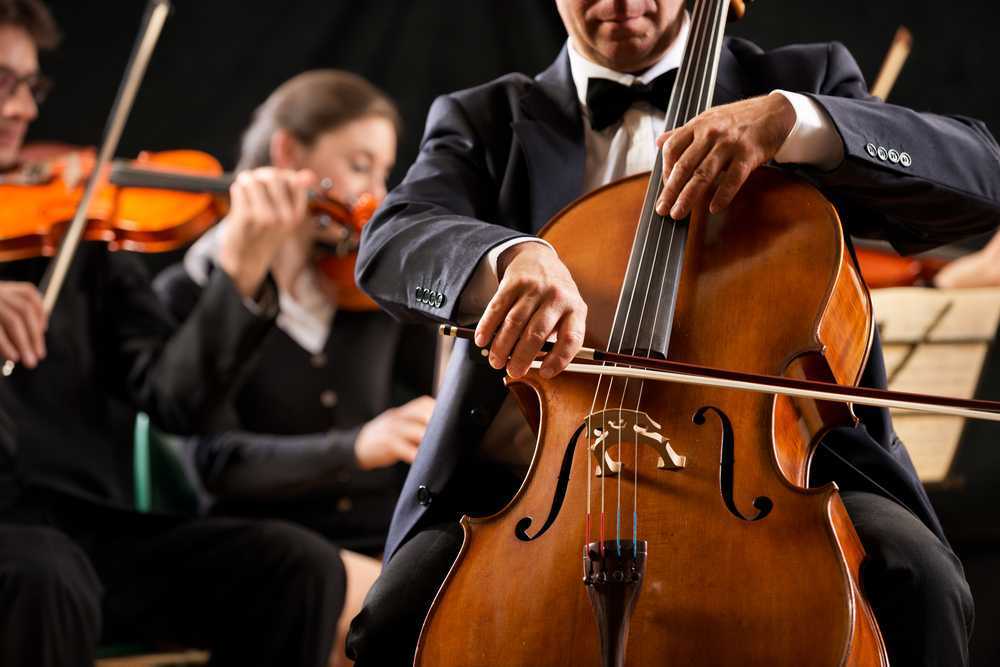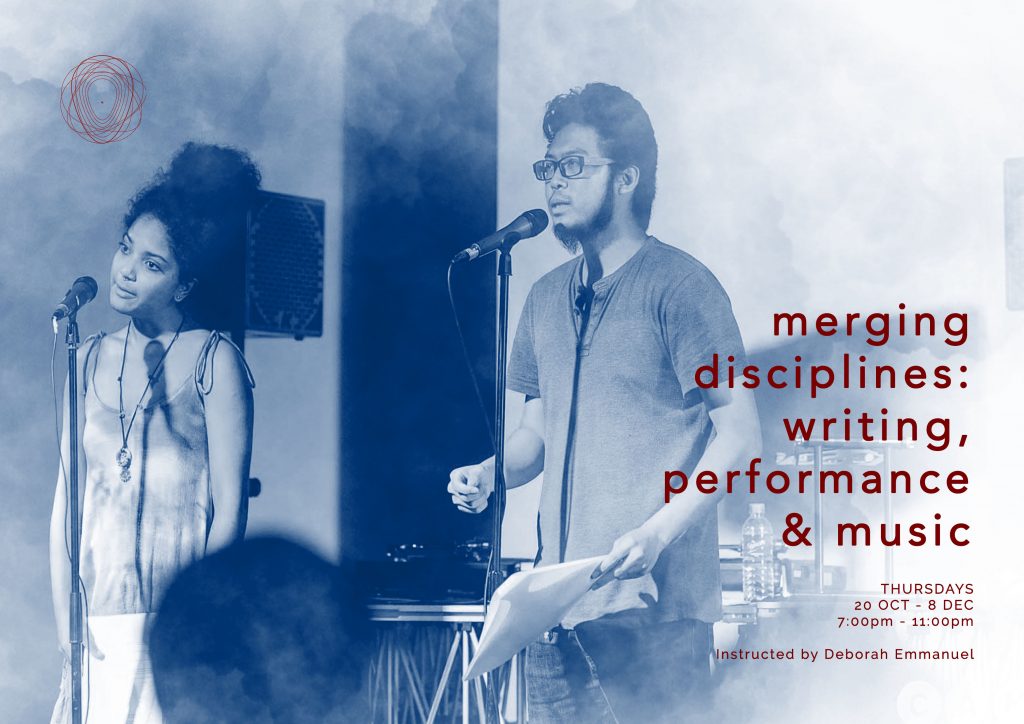

- #Focus on musicality or technique during performancs tv
- #Focus on musicality or technique during performancs free
Some African cultures, such as the Songye people of the DRC and Tiv people of Nigeria, have a strong and broad conception of 'music' but no corresponding word in their native languages. Kwabena Nketia has emphasized African music's often inseparable connection to dance and speech in general. Africa is too diverse to make firm generalizations, but the musicologist J. The closest word to mean music in Chinese, yue, shares a character with le, meaning joy, and originally referred to all the arts before its narrowing in meaning. In East Asia, neither Japan or China have a single word which encompasses music in a broad sense, but culturally often regard music in such a fashion. This is not the case worldwide, and languages such as modern Indonesian ( musik) and Shona ( musakazo) have recently adopted words to reflect this universal conception, as they did not have words that fit exactly the Western scope. The modern Western world usually defines music as an all-encompassing term, used to describe diverse genres, styles and traditions. The Latin word musica was also the originator for both the Spanish música and French musique via spelling and linguistic adjustment, though other European terms were probably loanwords, including the Italian musica, German musik, Dutch muziek, Norwegian musikk, Polish muzyka and Russian muzïka.

Over time, Polyhymnia would reside over music more prominently than the other muses. They were included in tales by the earliest Western authors, Homer and Hesiod, and eventually came to be associated with music specifically. The Muses were nine deities in Ancient Greek Mythology who presided over the arts and sciences. The Latin word itself derives from the Ancient Greek mousiké ( technē)- μουσική ( τέχνη)-literally meaning "(art) of the Muses". It is derived from a long line of successive precursors: the Old English ' musike' of the mid-13th century the Old French musique of the 12th century and the Latin mūsica. The modern English word ' music' came into use in the 1630s. In Greek mythology, the nine Muses were the inspiration for many creative endeavors, including the arts, and eventually became closely aligned with music specifically Compositions, performances, and recordings are assessed and evaluated by music critics, music journalists, and music scholars, as well as amateurs. The music industry includes songwriters, performers, sound engineers, producers, tour organizers, distributors of instruments, accessories, and sheet music. Music often plays a key role in social activities, religious rituals, rite of passage ceremonies, celebrations, and cultural activities. Musical playback is the primary function of an MP3 player or CD player and a universal feature of radios and smartphones.
#Focus on musicality or technique during performancs tv
Music is played in public and private areas, highlighted at events such as festivals, rock concerts, and orchestra performance, and heard incidentally as part of a score or soundtrack to a film, TV show, opera, or video game. Music may be deliberately composed to be unperformable, or agglomerated electronically from many performances.
#Focus on musicality or technique during performancs free
In a free jazz context, there may be no structure whatsoever, with each performer acting at their discretion.

In modal jazz the performers may take turns leading and responding, while sharing a changing set of notes. For instance, in Hindustani classical music, the performer plays spontaneously while following a partially defined structure and using characteristic motifs. In some musical contexts, a performance or composition may be to some extent improvised. Music may be performed or improvised using a vast range of instruments, including the human voice. The creation of music is commonly divided into musical composition, musical improvisation, and musical performance, though the topic itself extends into academic disciplines, criticism, philosophy, and psychology. While scholars agree that music is defined by a few specific elements, there is no consensus on their precise definitions. Exact definitions of music vary considerably around the world, though it is an aspect of all human societies, a cultural universal. Music is generally defined as the art of arranging sound to create some combination of form, harmony, melody, rhythm or otherwise expressive content.


 0 kommentar(er)
0 kommentar(er)
